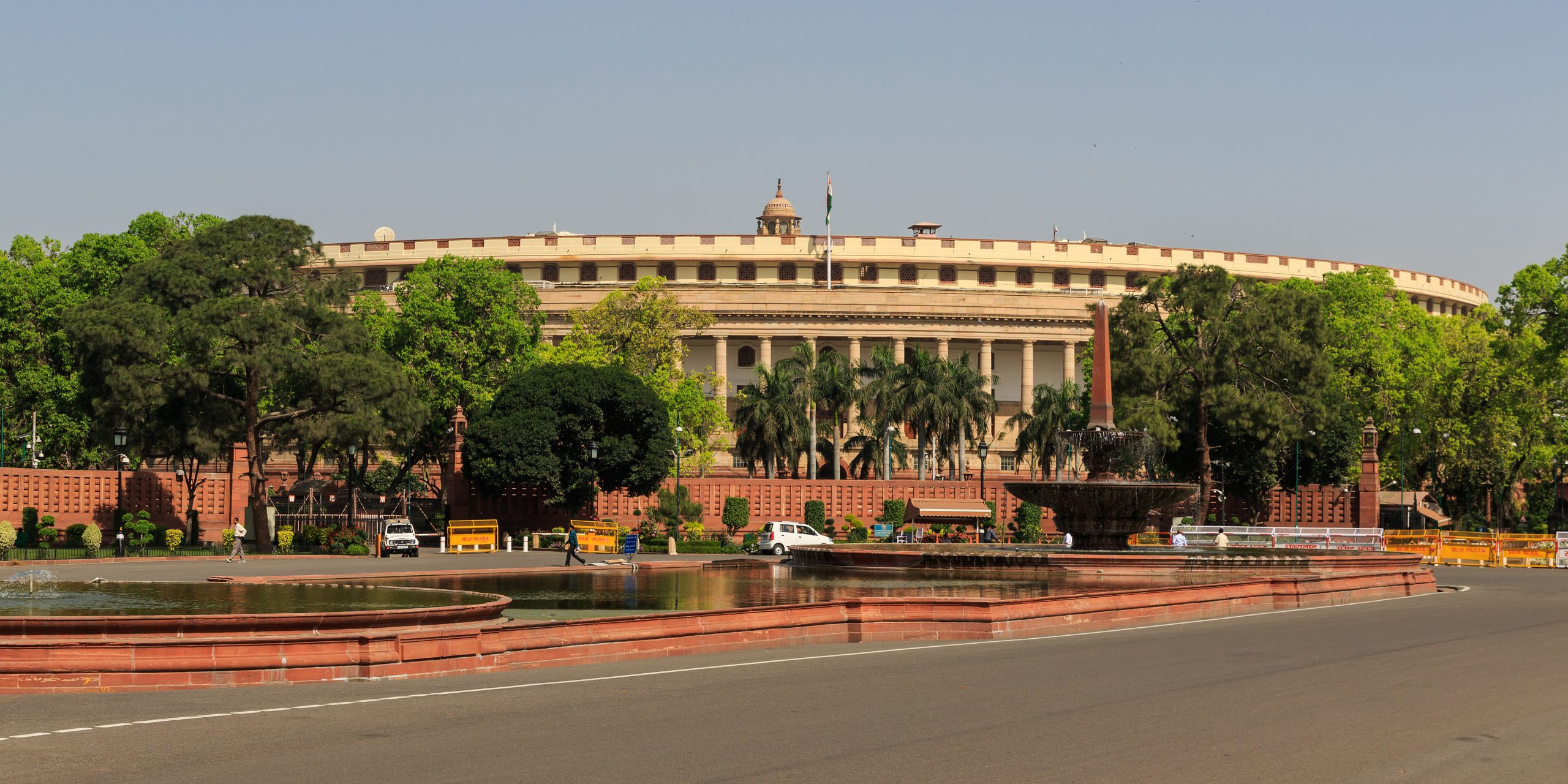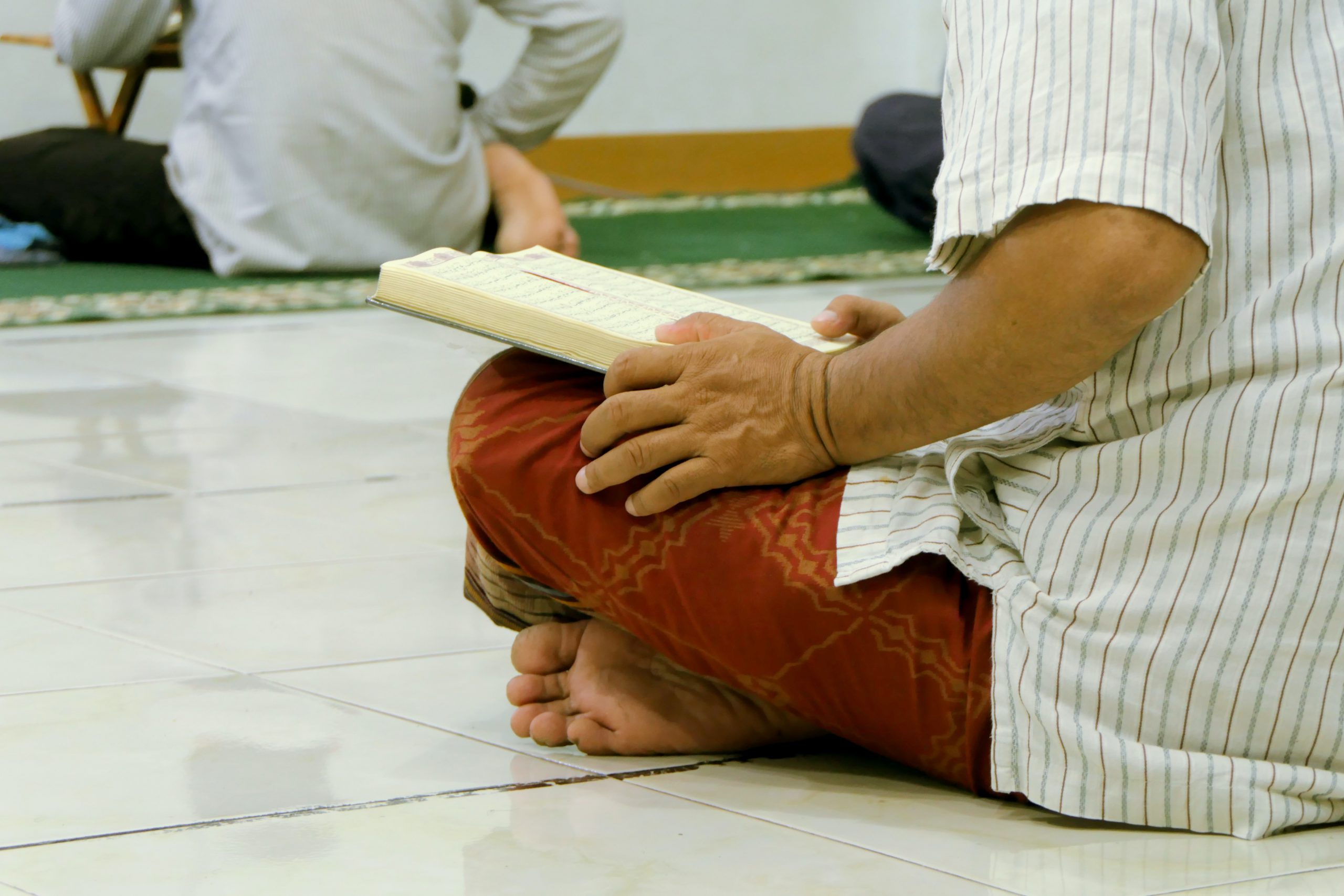Union as the bulwark of the Constitution – Part I

Article 355 of the Constitution states that “It shall be the duty of the Union to protect every State against external aggression and internal disturbance and to ensure that the government of every State is carried on in accordance with the provisions of this Constitution.” The Sarkaria Commission on Centre-State Relations (1988) and various Supreme Court judgments have recognized that the constitutional duty of the Union under Article 355 carries discretionary overriding emergency powers with it. Therefore, its independent application as well as in consonance with other emergency provisions has been a topic of debate since its very inception. In this two-part series, I try to bring forth the intended purpose of the said provision and its expected operation through the Constitutional Assembly debates.
Introduced in the Assembly
Dr. B. R. Ambedkar, the Chairman of the Drafting Committee, on 3rd August 1948, moved an amendment for addition of Article 277-A (which is now Article 355) before the Constituent Assembly. He submitted that this new Article was necessary as it imposed a duty on the Federal Union to protect its units in case of breakdown of the constitutional machinery therein. He said that this provision secured one of the ‘general principles of the Constitution’ that the assembly had agreed upon, i.e. Union’s responsibility to protect the states/provinces in upholding the Constitutional framework.
This new Article 277-A was discussed along with Articles 188 [deleted], 278 [now Article 356] and 278-A [now Article 357]. Dr. Ambedkar called for their discussion together as they were “cognate” provisions relating to emergency powers of the Union. He started by explaining the need for such provisions:
“I think I can well begin by reminding the House that it has been agreed by the House, when we were considering the general principles of the Constitution, that the Constitution should provide some machinery for the breakdown of the Constitution. In other words, some provision should be introduced in the Constitution which would be somewhat analogous to the provisions contained in section 93 of the Government of India Act, 1935.”
Section 93 of the Government of India Act, 1935, gave the Governor General of British India powers to issue a Proclamation in case of breakdown of Constitutional machinery, overtaking the administration of Provinces under their control for a fortnight. This emergency provision was emulated in the draft constitution as Article 188, deletion of which was being sought along with the insertion of the new Article 277-A. Introducing the draft Article 277-A, Dr. Ambedkar said:
“Some people might think that Article 277-A is merely a pious declaration, that it ought not to be there. The Drafting Committee has taken a different view and therefore like to explain why it is that the Drafting Committee feels that Article 277-A ought to be there. I think it is agreed that our Constitution, notwithstanding the many provisions which are contained in it whereby the Centre has been given powers to override the Provinces, nonetheless is a Federal Constitution and when we say that the Constitution is a Federal Constitution it means this, that the Provinces are as sovereign in their field which is left to them by the Constitution as the Centre is in the field which is assigned to it. In other words, barring the provisions which permit the Centre to override any legislation that may be passed by the Provinces, the Provinces have a plenary authority to make any law for the peace, order and good government of that Province. Now, when once the Constitution makes the provinces sovereign and gives them Plenary powers to make any law for the peace, order and good government of the province, really speaking, the intervention of the Centre or any other authority must be deemed to be barred, because that would be an invasion of the sovereign authority of the province. That is a fundamental proposition which, I think, we must accept by reason of the fact that we have a Federal Constitution. That being so, if the Centre is to interfere in the administration of provincial affairs, as we propose to authorize the Centre by virtue of Articles 278 and 278-A, it must be by and under some obligation which the Constitution imposes upon the Centre. The invasion must not be an invasion which is wanton, arbitrary and unauthorized by law. Therefore, in order to make it quite clear that Articles 278 and 278-A are not to be deemed as a wanton invasion by the Centre upon the authority of the province, we, propose to introduce Article 277-A. As Members will see, Article 277-A says that it shall be the duty of the Union to protect every unit, and also to maintain the Constitution.”
Dr. Ambedkar also cited the Constitutions of America and Australia as a precedent for enacting such a provision. Relevant excerpt is below:
“So far as such obligation is concerned, it will be found that it is not our Constitution alone which is going to create this duty and this obligation. Similar clauses appear in the American Constitution. They also occur in the Australian Constitution, where the constitution, in express terms, provides that it shall be the duty of the Central Government to protect the units or the States from external aggression or internal commotion. All that we propose to do is to add one more clause to the principle enunciated in the American and Australian Constitutions, namely, that it shall also be the duty of the Union to maintain the Constitution in the provinces as enacted by this law. There is nothing new in this and as I said, in view of the fact that we are endowing the provinces with plenary powers and making them sovereign within their own field, it is necessary to provide that if any invasion of the provincial field is done by the Centre it is in virtue of this obligation. It win (sic) be an act in fulfilment of the duty and the obligation and it cannot be treated, so far as the Constitution is concerned, as a wanton, arbitrary, unauthorised act. That is the reason why we have introduced Article 277-A.”
The above excerpts clearly show the intention and origin behind the current Article 355. It is a constitutional obligation on the Union to protect the federal units and ensure maintenance of the constitutional machinery throughout the nation. The specific terminology used in this provision was also discussed extensively in the Constituent Assembly.
External aggression and internal disturbance
Article 355 endows the Union with two responsibilities – ‘to protect the State against external aggression and internal disturbance’, and to oversee that the Government of every State is carried on ‘in accordance with the Constitutional provisions’. While ‘external aggression’ is self-explanatory, the term ‘internal disturbance’ has a wider scope. Since maintenance of public order was envisaged as a constitutional duty of the state government, such a provision sanctioning intervention by the Union government in a situation of ‘internal disturbance’ was indeed attacked by a few members of the Constituent Assembly. The original Article 277-A was criticized for being arbitrary and against the federal character envisaged for the Constitution. Consequently, interpretation of these terms and the usage of ‘and’ between them was discussed in detail.
An eminent member, Shri. H.V. Kamath suggested that the term ‘internal disturbance’ in Article 277-A should be substituted with the phrase ‘internal insurrection and chaos’ so as to demarcate it from public order which was in the purview of the State. To this, and to other members who highlighted the overlap of Centre-state powers as a threat to the federal structure, Shri Alladi Krishnaswami Ayyar responded in the following manner:
“The primary thing concerning the nation and the Union Government is ‘to maintain the Constitution’. If the import of that expression is fully realized, it will be noticed that there cannot be any, intention to interfere with the provincial constitution, because the provincial constitution is a part of the Constitution of the Union. Therefore, it is the duty of the Union Government to protect against external aggression, internal disturbance and domestic chaos and to see that the Constitution is worked in a proper manner both in the State and in the Union. If the Constitution is worked in a proper manner in the provinces or in the States, that is, if responsible government as contemplated by the Constitution functions properly, the Union will not and cannot interfere. The protagonists of provincial or State autonomy will realise that, apart from being an impediment to the growth of healthy provincial or State autonomy, this provision is a bulkwark (sic) in favour of provincial or State autonomy, because the primary obligation is cast upon the Union to see that the Constitution is maintained”.
Shri H.V. Kamath had also suggested that in the phrase ‘external aggression and internal disturbance’, the word ‘and’ be replace by ‘or’. To this Dr. Ambedkar briefly responded:
“I do not think that that is necessary, because the word “and” in the context in which it is placed is both conjunctive as well as disjunctive, which can be read in both ways, “and” or “or”, as the occasion may require.”
In accordance with the Constitution
The phrase ‘in accordance with the Constitutional provisions’ in the draft Article 277-A was also discussed in detail by the Constituent Assembly. A few members even enquired about the real intention of using such a broad phrase. Dr. Ambedkar responding to all of them, clarified that the intention is to ensure that state machinery is running in accordance with the scheme prescribed by the Constitution. He said that the provision can be used:
“Only when the government is not carried on in consonance with the provisions laid down for the constitutional government of the provinces. Whether there is good government or not in the province is for the Centre to determine. I am quite clear on the point.”
At this point, another honorable member, Shri Hirday Nath Kunzru put the following question before Dr. Ambedkar:
“What is the meaning exactly of “the provisions, of the Constitution” taken as a whole? The House is entitled to know from the honourable Member what is his idea of the meaning of the phrase ‘in accordance with the provisions of the Constitution’.”
Following is the answer given by Dr. Ambedkar:
“It would take me very long now to go into a detailed examination of the whole thing and, referring to each articles, say, this is the principle which is established in it and say, if any Government or any legislature of a province does not act in accordance with it, that would act as a failure of machinery. The expression “failure of machinery” I find has been used in the Government of India Act, 1935. Everybody must be quite familiar therefore with its de facto and de jure meaning. I do not think any further explanation is necessary.”
Therefore, the intention of the framers behind adding the Article 355 comes out clearly in the above extracts. That any kind of political maladministration, violence or domestic chaos that disrupts/fails/breaks down the constitutional scheme in the State, would require the Union to take cognizance and act as duty-bound by Article 355. The next piece will try to examine how the Article 355 was intended to operate and how the Union can exercise its powers/duty prescribed thereby.






